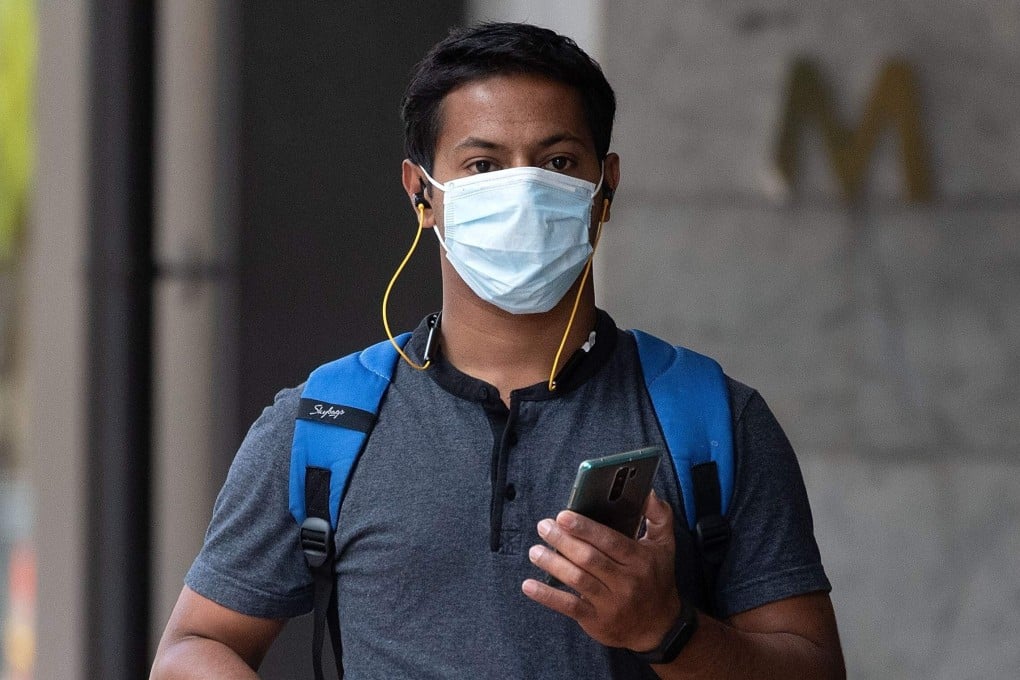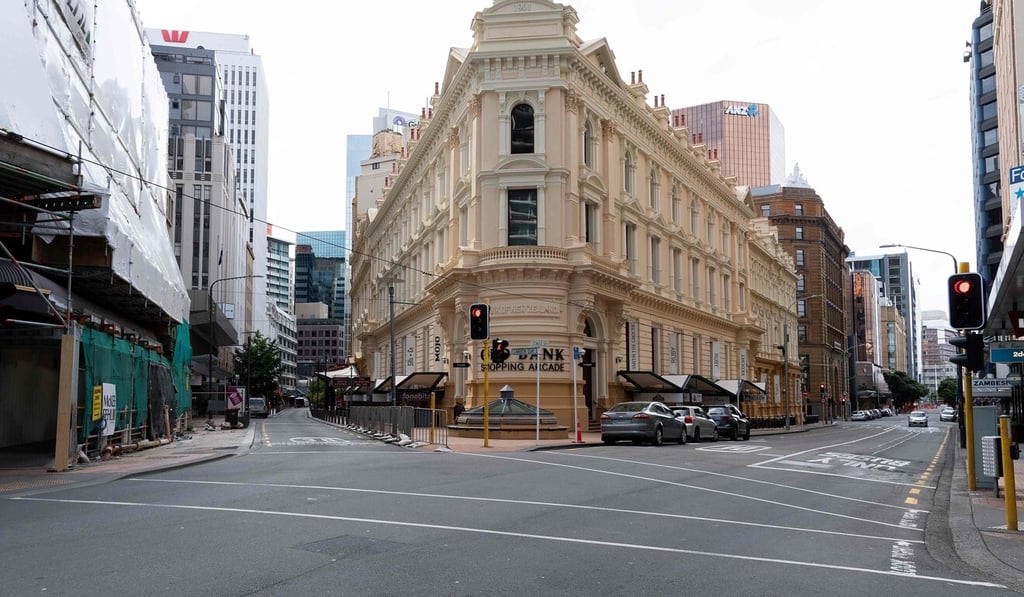Advertisement
Coronavirus: as New Zealand lockdown begins, fears rise for abuse victims and the homeless
- During four-week period, only essential services will remain open and the public has been urged to stay at home as much as possible
- Country bracing for surge in abuse cases, with activists saying spikes of family violence have been reported around the world during crisis, including in China
Reading Time:6 minutes
Why you can trust SCMP
0

New Zealanders on Thursday awoke to an unprecedented lockdown a day after Prime Minister Jacinda Ardern declared a state of emergency over the coronavirus outbreak, as the number of cases surged to 262.
During the four-week lockdown, only essential services – including banks, supermarkets and pharmacies – will open. People have been warned to stay at home as much as possible, and although they are allowed to go out for essential reasons, they must maintain a distance of two metres from another person.
“The streets are essentially empty … that’s a remarkable feat and I want to thank New Zealanders for that,” Ardern said at a news conference.

Most of New Zealand’s reported cases were linked to overseas travel, although at least four were believed to be the result of community transmission.
Up to 10,000 New Zealanders abroad were expected to return home over the next five days, and Ardern said authorities expected “several thousand” more cases to be confirmed before strict self-isolation rules began to “flatten the curve” of new infections.
“If community transmission takes off in New Zealand, the number of cases will double every five days,” Ardern warned on March 23, two days before she placed the country on its highest alert level.
Advertisement